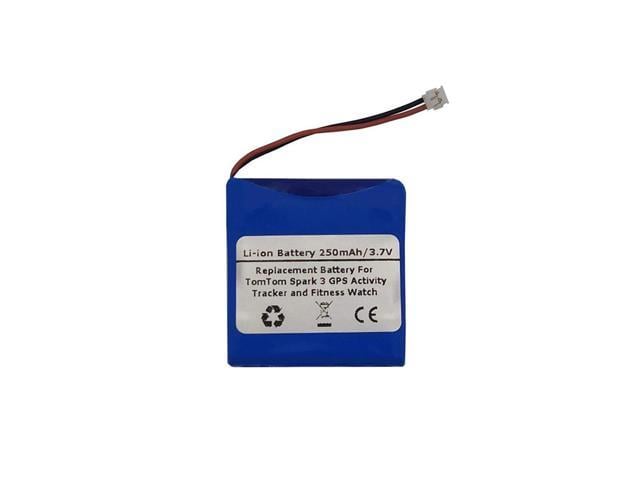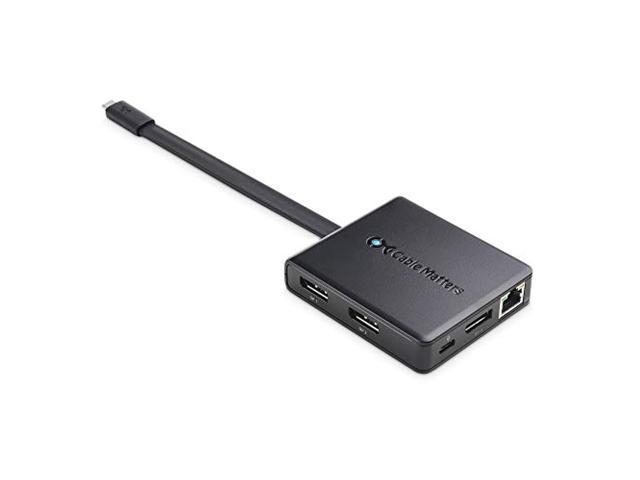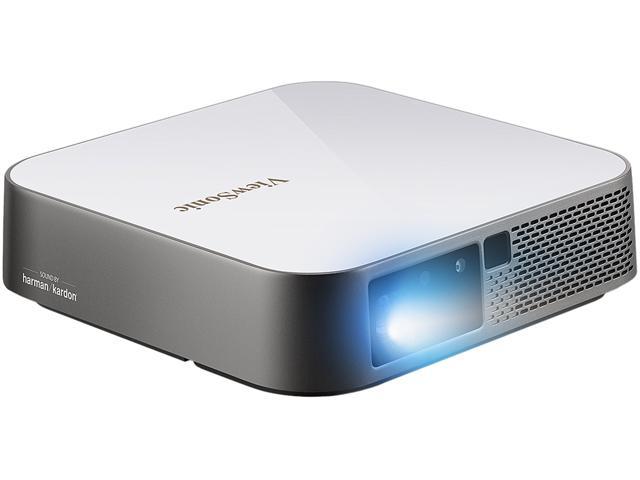Build real-world, end-to-end network monitoring solutions with Nagios
This is the definitive guide to building low-cost, enterprise-strength monitoring infrastructures with Nagios, the world’s leading open source monitoring tool. Network monitoring specialist David Josephsen goes far beyond the basics, demonstrating how to use third-party tools and plug-ins to solve the specific problems in your unique environment. Josephsen introduces Nagios “from the ground up,” showing how to plan for success and leverage today’s most valuable monitoring best practices. Then, using practical examples, real directives, and working code, Josephsen presents detailed monitoring solutions for Windows, Unix, Linux, network equipment, and other platforms and devices. You’ll find thorough discussions of advanced topics, including the use of data visualization to solve complex monitoring problems. This is also the first Nagios book with comprehensive coverage of using Nagios Event Broker to transform and extend Nagios.
- Understand how Nagios works, in depth: the host and service paradigm, plug-ins, scheduling, and notification
- Configure Nagios successfully: config files, templates, timeperiods, contacts, hosts, services, escalations, dependencies, and more
- Streamline deployment with scripting templates, automated discovery, and Nagios GUI tools
- Use plug-ins and tools to systematically monitor the devices and platforms you need to monitor, the way you need to monitor them
- Establish front-ends, visual dashboards, and management interfaces with MRTG and RRDTool
- Build new C-based Nagios Event Broker (NEB) modules, one step at a time
- Contains easy-to-understand code listings in Unix shell, C, and Perl
If you’re responsible for systems monitoring infrastructure in any organization, large or small, this book will help you achieve the results you want–right from the start.
David Josephsen is Senior Systems Engineer at DBG, Inc., where he maintains a collection of geographically dispersed server farms. He has more than a decade of hands-on experience with Unix systems, routers, firewalls, and load balancers in support of complex, high-volume networks. Josephsen’s certifications include CISSP, CCNA, CCDA, and MCSE. His co-authored work on Bayesian spam filtering earned a Best Paper award at USENIX LISA 2004. He has been published in both ;login and Sysadmin magazines on topics relating to security, systems monitoring, and spam mitigation.
Introduction
CHAPTER 1 Best Practices
CHAPTER 2 Theory of Operations
CHAPTER 3 Installing Nagios
CHAPTER 4 Configuring Nagios
CHAPTER 5 Bootstrapping the Configs
CHAPTER 6 Watching
CHAPTER 7 Visualization
CHAPTER 8 Nagios Event Broker Interface
APPENDIX A Configure Options
APPENDIX B nagios.cfg and cgi.cfg
APPENDIX C Command-Line Options
Index















